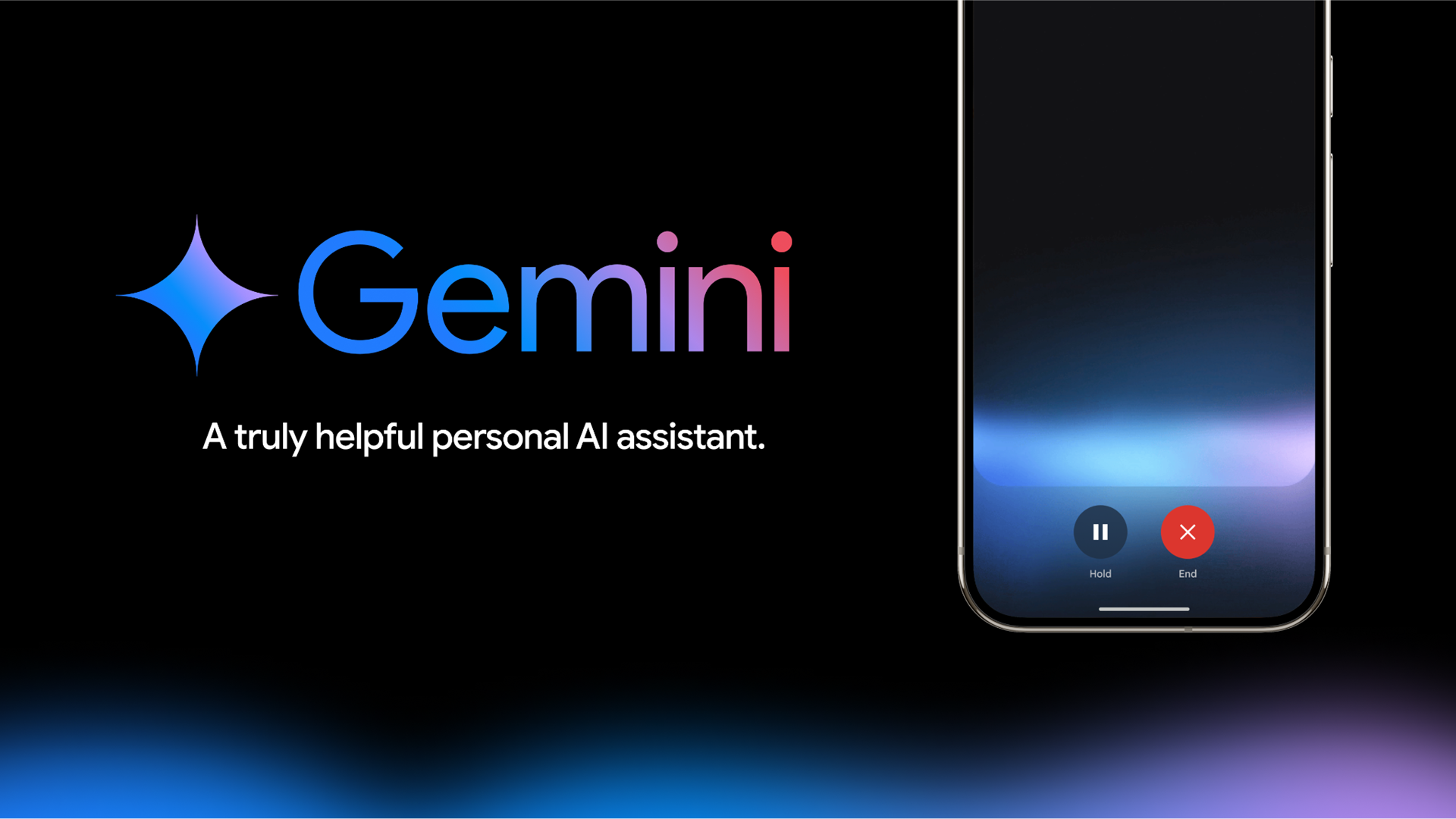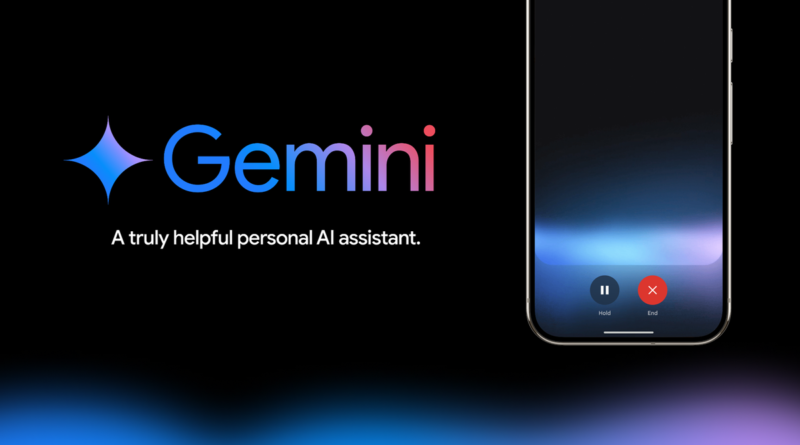Google Gemini adds its personal AI researcher to your iPhone – if you have the right subscription

- Google Gemini has added its Deep Research AI model to iPhones
- Deep Research searches the web, compiles, and reports back to Gemini Advanced subscribers
- The information is refined and organized into results viewable on Google Docs
iPhone users who love Google’s Gemini AI assistant have a new tool to help them condense information from the internet. The tech giant has added its Deep Research feature to iOS devices, at least if you’re a Gemini Advanced subscriber. Deep Research debuted on Gemini’s web portal in December and rolled out to Android users earlier this month.
Deep Research is an AI-powered tool for compiling information. Essentially, it takes the classic Google search collecting of links and extends it several steps to read what’s at those links and organize what it finds into something useful. It’s the first “agentic” feature in Gemini, meaning the AI is more proactive and doesn’t just answer questions; it carries out an entire research project.
If you do subscribe to Gemini Advanced and have the app on your iPhone, you can switch to Deep Research by picking it from the model list. Select “1.5 Pro with Deep Research” near the newer experimental 2.0 Flash model. Then, just ask Gemini a research question, something big and messy and complicated if you want to test its limits. Gemini will respond with a step-by-step plan it will undertake on your behalf. You can tweak the approach if you don’t like it, deleting parts or adjusting the focus, and then tap the “start research” button. Gemini then heads off on a digital scavenger hunt, digging through sources, running multiple searches, and refining its findings in real-time.
Don’t expect instant answers. It can take between five and ten minutes to complete, longer if it’s an especially difficult topic. You don’t have to babysit it, though. Gemini will send you a notification when the work is done, and you can check your chat history later to review the results. Once it’s ready, you’ll get a structured report, complete with sections, tables if necessary, and a full list of sources. And if you want to make it look even more official, you can export it directly to Google Docs.
Of course, Google isn’t letting you run wild with infinite research requests. There are daily limits, and the app will politely remind you how many you have left, just in case you were planning to outsource your entire workload to AI. Right now, Deep Research runs on Gemini 1.5 Pro, but Google has hinted that it will eventually move to the more powerful 2.0 Pro once that model exits its experimental phase.
Ads AI
The launch of Deep Research on iPhones matters for more than just access reasons. The pitch to iOS users signals how aggressively Google is leaning into Gemini for all kinds of productivity demands. Unlike a standard chatbot response, which can sometimes feel like a slightly smarter autocomplete, Deep Research attempts to simulate how a human researcher breaks down a topic, refines their findings, and presents something meaningful.
It’s also a direct response to how rival AI companies are pursuing similar goals. OpenAI‘s version of this kind of feature even shares the Deep Research Name. But, with OpenAI, Meta, and Apple working on more advanced AI-driven assistants, Google is clearly betting that features like Deep Research will make Gemini a must-have.
Deep Research is, in some ways, just another tool in Google’s AI arsenal, but it’s a powerful one. It’s easy to see the appeal to people who feel like they are drowning in information when online. It may not remake the experience of looking things up online, but it could set Gemini up as the crowning jewel for future digital research projects.

